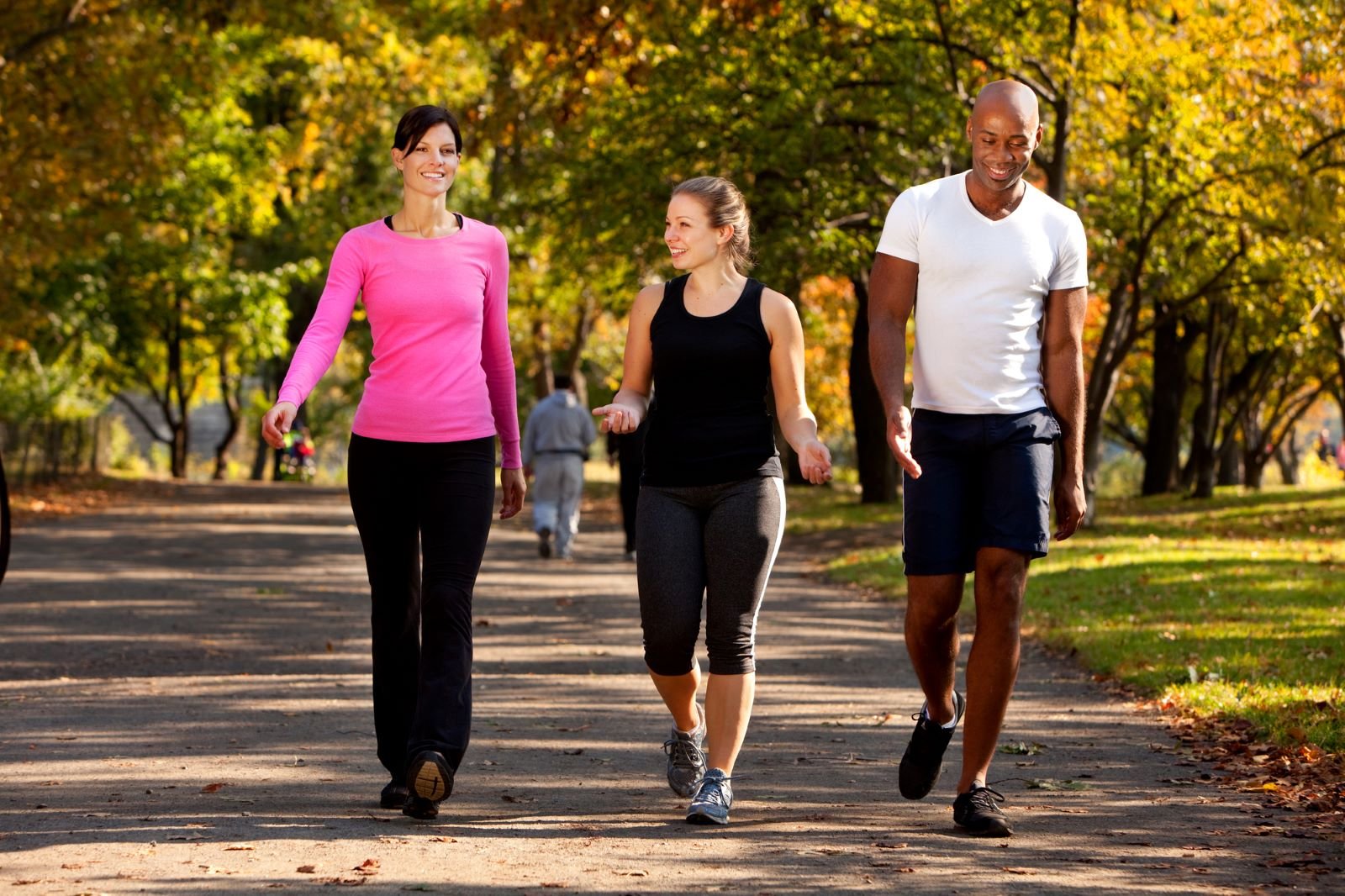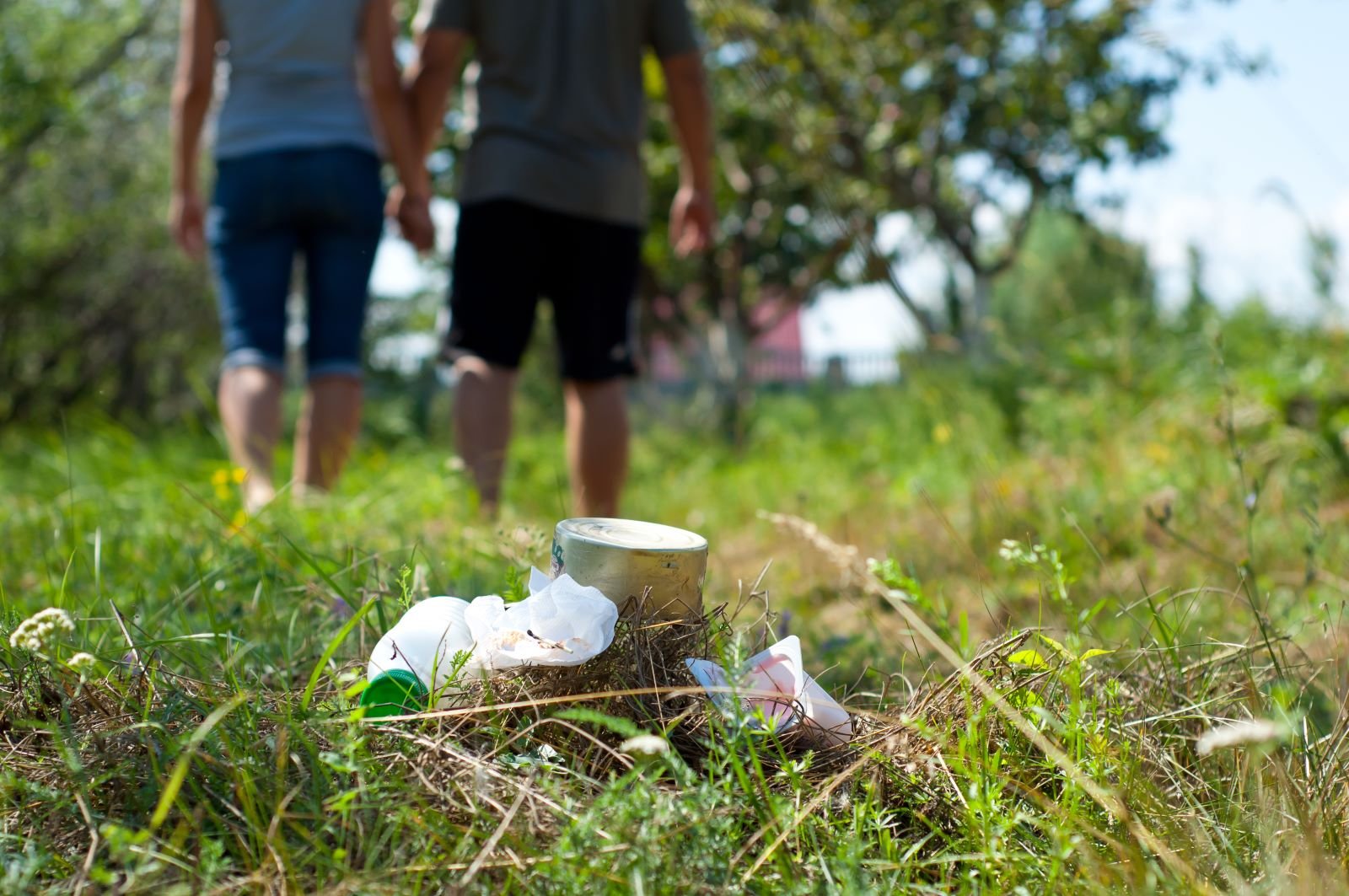Being part of a community means more than just residing in a particular area; it involves fostering a positive environment and maintaining harmonious relationships with those around us. However, many of us might unknowingly engage in behaviors that can strain these relationships and label us as “bad neighbors.”
Recognizing and rectifying these actions can significantly enhance our living experience and contribute to a more pleasant and cooperative neighborhood. Here are some common behaviors that could be causing friction between you and your neighbors.
Excessive Noise

One of the most common complaints among neighbors is excessive noise. Whether it’s late-night parties, loud music, or even heavy footsteps, noise pollution can be incredibly disruptive.
Being mindful of the noise you make, especially during quiet hours, is essential. Consider using headphones for music or television late at night and communicating with neighbors if you plan to have a gathering. Small adjustments like this can go a long way in maintaining a peaceful environment.
Poor Pet Management

Pets can be wonderful companions, but poor management of pets can lead to significant neighborhood disputes. This includes not picking up after your pet, allowing them to roam freely, or letting them bark incessantly.
Ensuring your pet is well-behaved and respecting common areas and noise levels can prevent many issues. Regular training and creating a schedule for outdoor time that doesn’t coincide with neighbors’ quiet hours can also be beneficial.
Neglecting Property Maintenance

The state of your property can significantly impact your neighbors. Overgrown lawns, peeling paint, and clutter can be eyesores that affect the overall appearance and value of the neighborhood.
Regular upkeep of your home’s exterior shows respect for your neighbors and contributes to the neighborhood’s aesthetic appeal. Simple tasks like mowing the lawn, painting the fence, and cleaning up clutter can make a big difference.
Invasion of Privacy

Respecting your neighbors’ privacy is crucial and stealing wi-fi does come into this category. This means avoiding peering into their windows, eavesdropping on their conversations, or spreading gossip. Everyone values their personal space and privacy, and violating this can lead to a lack of trust and comfort. Being mindful of boundaries and encouraging a culture of mutual respect can foster better relationships within the community.
Improper Parking Etiquette

Parking can be a contentious issue in many neighborhoods. Improper parking, such as blocking driveways, taking up multiple spots, or parking too close to another vehicle, can cause significant inconvenience.
Always ensure you’re parking in designated areas and within the lines. If you have guests over, instruct them on where they can park without disturbing others. Good parking habits can help maintain order and reduce conflicts.
Failure to Communicate

Lack of communication can lead to misunderstandings and conflicts. Whether it’s about a planned party, construction work, or a minor dispute, keeping open lines of communication with your neighbors is essential.
Informing your neighbors in advance about any activities that might affect them shows consideration and can prevent many issues. Moreover, addressing concerns directly and calmly can help resolve conflicts before they escalate.
Ignoring Community Rules and Norms

Every community has its own set of rules and norms designed to ensure harmony and cooperation. Ignoring these can lead to friction and resentment.
Whether it’s regarding noise levels, property maintenance, or common area usage, adhering to these guidelines is crucial. Being aware of and respecting community rules not only prevents conflicts but also shows that you are a responsible and considerate neighbor.
Disrespecting Shared Spaces

Shared spaces like gardens, playgrounds, and parking lots are common in many neighborhoods. Disrespecting these areas by leaving trash, not cleaning up after use, or monopolizing them can lead to disputes.
Treating these spaces with respect and ensuring they are left in good condition for others reflects positively on you and helps maintain a pleasant environment for everyone.
Unfriendly Attitude

A simple smile or greeting can go a long way in fostering a positive relationship with your neighbors. An unfriendly or aloof attitude can create a barrier and lead to misunderstandings.
Being approachable and friendly doesn’t mean you have to be best friends with your neighbors, but it does create a more welcoming and cooperative atmosphere. Engaging in small acts of kindness and showing a willingness to help when needed can significantly improve neighborhood relations.
Letting Personal Conflicts Escalate

Personal conflicts, if not addressed properly, can escalate and affect the entire neighborhood. Whether it’s a disagreement over property boundaries, noise complaints, or any other issue, handling conflicts maturely and calmly is essential.
Seeking mediation or involving a neutral third party can help resolve disputes amicably. It’s important to address issues directly with the involved party rather than spreading the conflict to others in the neighborhood.
Lack of Participation in Community Activities

Being part of a neighborhood means contributing to its overall well-being. A lack of participation in community activities and meetings can lead to a sense of disconnection and misunderstanding.
While it’s not mandatory to attend every event, showing interest in community affairs and being present for significant meetings can help you stay informed and involved. This participation shows that you care about the community and are willing to contribute to its betterment.
Littering and Improper Waste Disposal

Littering or not disposing of waste properly can create an unsightly and unhygienic environment. Ensuring that your trash is properly bagged, recycling appropriately, and picking up after yourself in shared spaces are basic but crucial habits.
Proper waste management practices not only keep the neighborhood clean but also show respect for your neighbors and the environment.
Ignoring Safety Concerns

Safety is a primary concern in any neighborhood. Ignoring safety measures, such as not securing your property, leaving hazardous items accessible, or not reporting suspicious activities, can endanger everyone.
Being vigilant and proactive about safety, like installing proper lighting, securing doors and windows, and communicating with neighbors about any concerns, can help create a safer community.
Being Overly Critical

Constantly criticizing or complaining about your neighbors can create a hostile environment. Constructive feedback is valuable, but it should be delivered with respect and understanding. Instead of focusing on what’s wrong, try to appreciate the positive aspects of your neighborhood and encourage others to do the same.
This positive approach can foster a more harmonious and supportive community.


